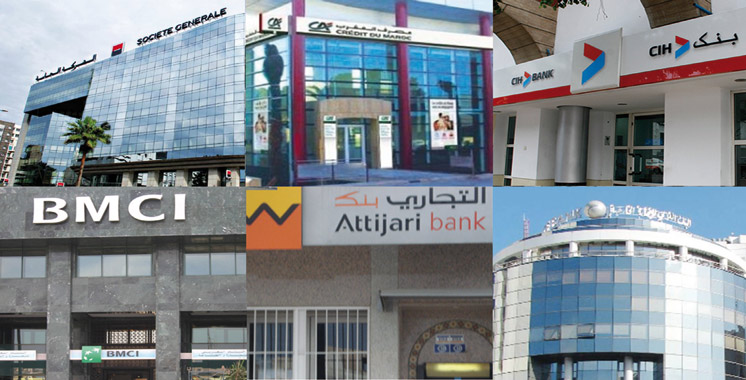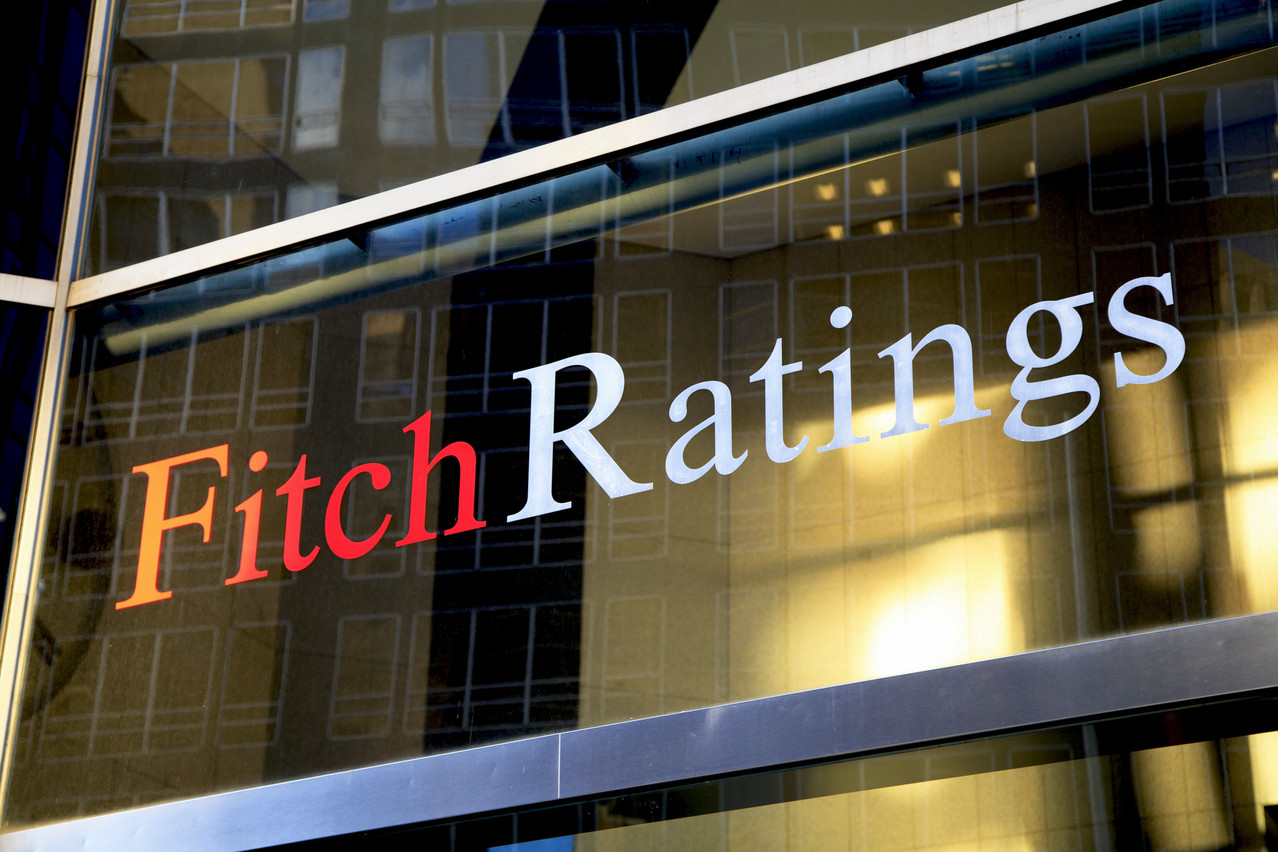Moroccan banks continue to show resilience despite challenging global and domestic macro-economic conditions, Fitch Ratings says in a new report focusing on the country’s seven largest banks.
Banks have built up healthy provisions buffers since 2020 and are well-placed for a continued recovery in profitability in 2024 amid rising interest rates, says the rating agency.
“We expect Morocco’s real GDP growth to average 3.3% over 2024–2025, while inflation (4.3% in October 2023) and interest rates should remain above historical averages”, adds Fitch in its report.
“We view weaker-than-expected growth in the eurozone (Morocco’s main trading partner), and sustained high energy and food prices as key negative factors for our growth forecasts,” says agency.
Banks’ unconsolidated credit was up 5% in September, and corporate loans up 5.7%, while retail loans had risen by less than 2%, dampened by high interest rates.
Credit performance was unchanged at end of 1st semester of 2023, with the average Stage 3 loans ratio at 9.6%. Fitch expects some deterioration in 2024, although this should be manageable for banks given their cautious underwriting standards.
Banks’ profitability metrics improved sharply in 1st half of 2023, helped by interest rates at their highest levels since 2017. According to Fitch forecast, Moroccan banks are geared towards rising rates as profitability will continue improving in 2024.
The average common equity Tier 1 ratio declined to 10.3% at end of first half of 2023. Some banks continue to report tight regulatory capital buffers, which will be increased by Tier 1 and 2 capital instruments.
Fitch expects liquidity conditions to remain healthy, supported by sound inflows of customer deposits and around 77% being in the form of low-cost current and savings accounts.



